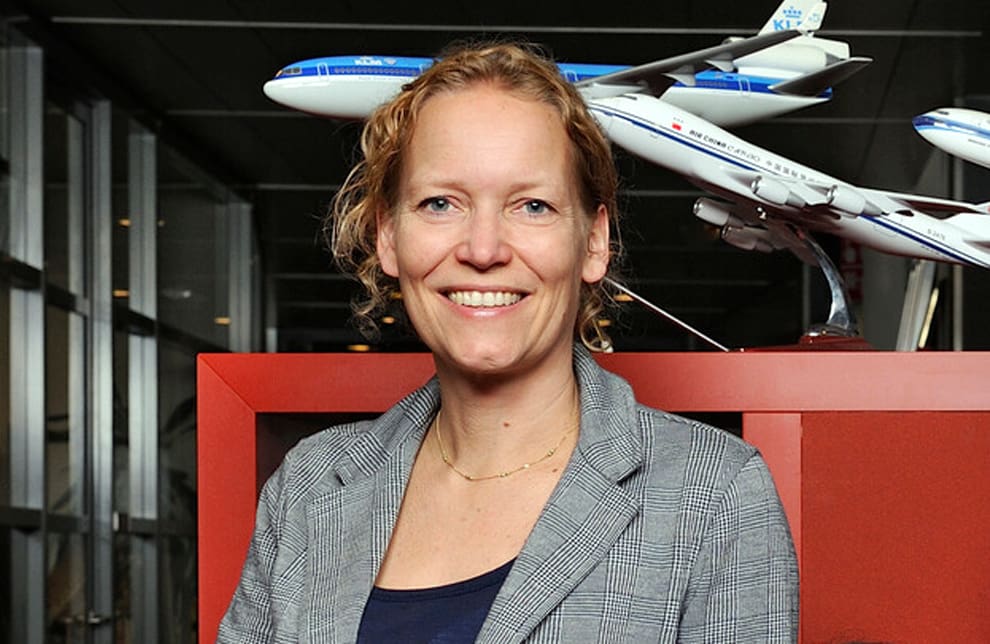Director Aviation Marketing, Cargo, and Customer Experience, Amsterdam Airport Schiphol: Maaike van der Windt

What changes do you see happening in relation to pharmaceutical models and trends globally?
With the ongoing digitisation of processes within the pharma supply chain, the major change that we are seeing is that data sharing and collaboration are steadily becoming the new normal. There is a greater need for safety, security, and monitoring when transporting medicine, which is being made possible through the use of temperature sensors, data analytics, and smart tracking devices.
How is serialisation – the process of adding barcodes to products to track the origin of raw materials and medicines - impacting the supply chain?
Preventing counterfeit drugs and medicine from entering the market is an important task for the pharma industry. Such products are dangerous for the end user, especially if they have not been correctly transported, stored, and monitored to ensure their integrity. Serialisation is the first step towards preventing and identifying counterfeit medicine, but there is still a long way to go to involve the entire pharma supply chain in tackling this problem. However, it definitely starts with good collaboration and transparency between supply chain partners.
How is digital transformation and data sharing impacting the air cargo supply chain?
Transparency and data sharing is positively transforming the effectiveness of the cool chain by providing visibility during transit and enabling us to spot problems in real time. At Amsterdam Airport Schiphol, we are dedicated to digitising our processes through the Smart Cargo Mainport Program to provide our team and partners with the modern tools they need to meet customer expectations.